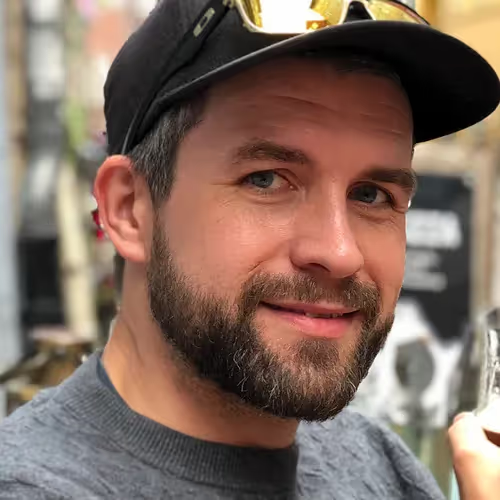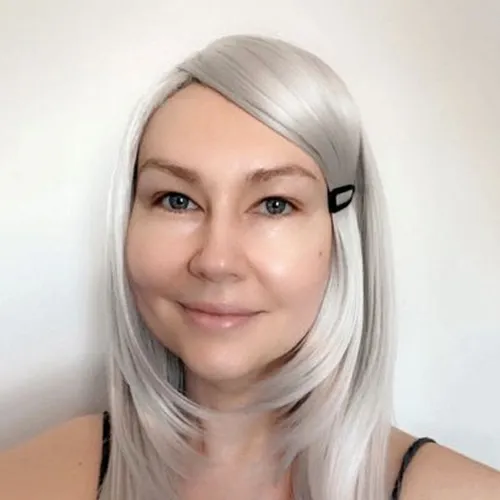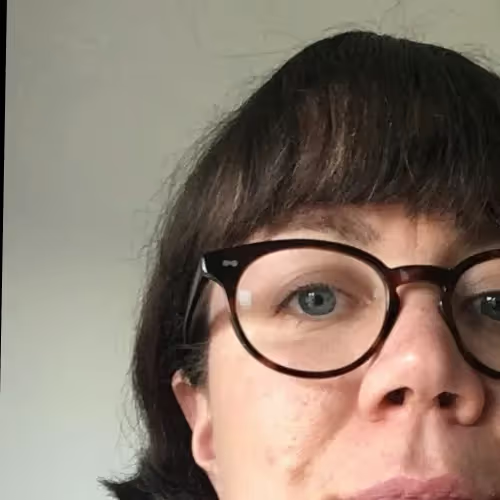Cookie Consent
By clicking “Accept”, you agree to the storing of cookies on your device to enhance site navigation, analyze site usage, and assist in our marketing efforts. View our Privacy Policy for more information.
In this third installment of the ORCA Series, Sophia discusses why objects aren’t more important than all the other parts of a system but are essential to understanding the system, plus she gives 8 tips for CTA discovery!
FYI: This is an affiliate link (we earn a small kickback if you buy).
To get access to this guide, enter your email below. If you are not already part of our OOUX world, you'll be added to the weekly OOUX Newsletter. You can, of course, unsubscribe at any time! We will never sell, spam, our otherwise disrespect your information. And we strive to provide only top-notch valuable content in our newsletter.
A dive into the weeds on UX systems, information architecture, human psychology, data wrangling, structured content, UX process, and above all simplifying the complex.
See all episodes20 powerful strategies to elevate your UX/product/content practice IMMEDIATELY. (Like really.) With Sophia Prater, chief evangelist for Object-Oriented UX & creator of the ORCA Process.
Register Now
In this episode of the podcast, Sophia kicks off the first in a 15-part series on her ORCA (Objects, Relationships, CTAs, and Attributes) process. This first installment will cover the process of Noun Foraging. Learn Sophia's 10 hot tips for getting started with noun foraging. Plus, how artificial intelligence can help you do the work, and how noun foraging might not be just for nouns. Enjoy!
FYI: This is an affiliate link (we earn a small kickback if you buy).

In this episode of the podcast, Sophia explains eight ways to level up your system modeling skills, plus diagramming The Church of Latter Day Saints!
FYI: This is an affiliate link (we earn a small kickback if you buy).















































































































UX practitioners often struggle with shifting requirements and increasing product complexity. Object-Oriented UX (OOUX) offers a structured approach to simplify digital products by focusing on core objects rather than pages or screens. Sophia Prater explains on the NN/g UX Podcast how OOUX improves usability, reduces inconsistencies, and streamlines collaboration across teams.
FYI: This is an affiliate link (we earn a small kickback if you buy).